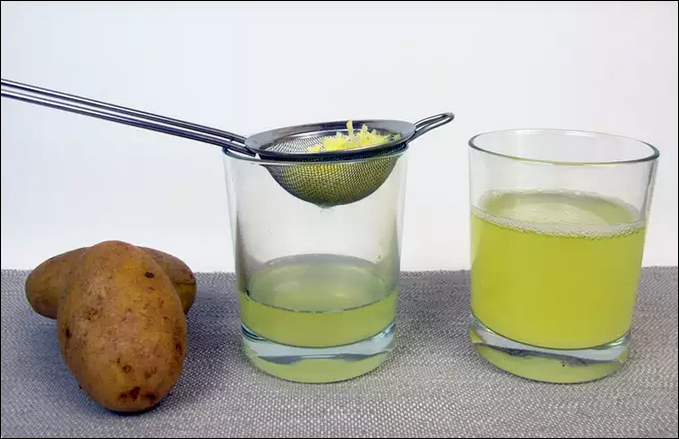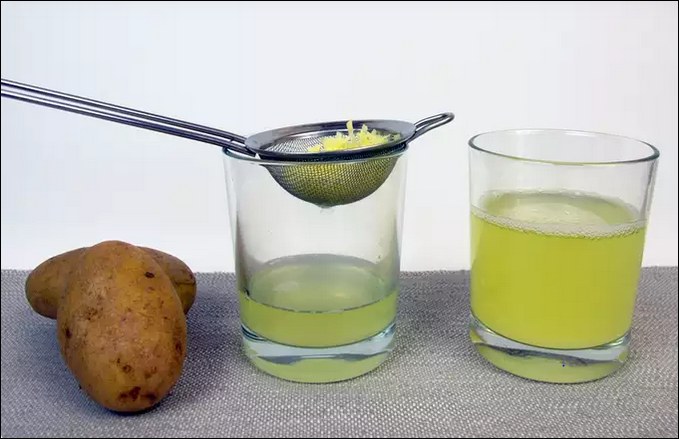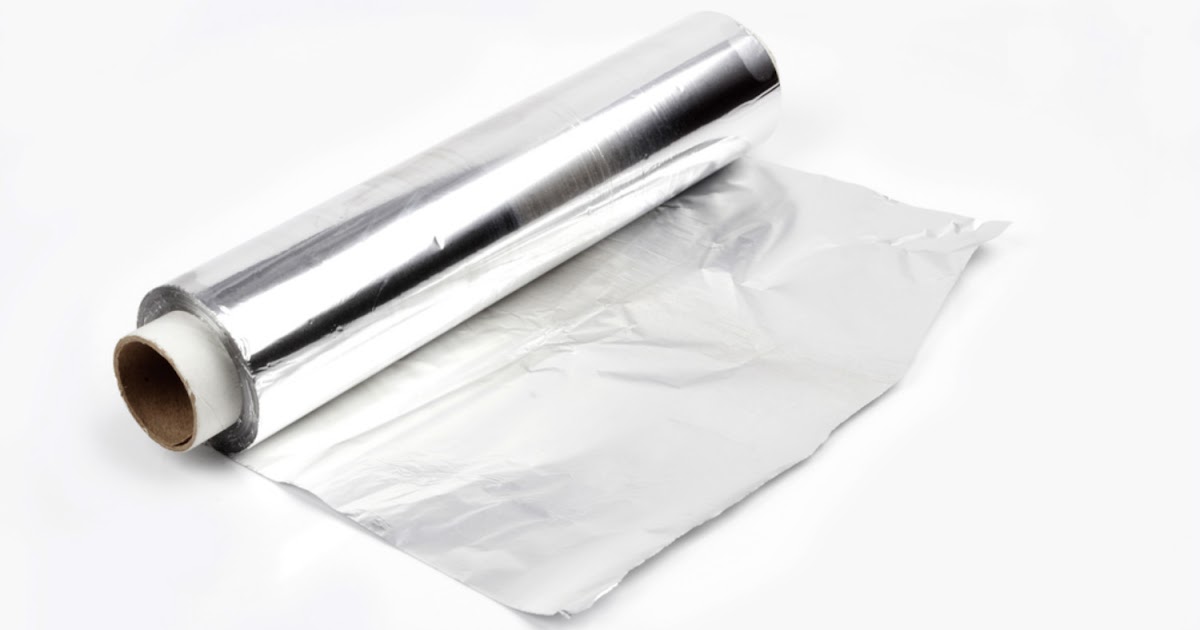
Potato juice may sound unconventional, but it has been hailed for its healing properties, especially when it comes to digestive health. Rich in vitamins, minerals, and other beneficial compounds, potato juice can be a natural remedy for various gastrointestinal issues, including infections caused by Helicobacter pylori, gastritis, and ulcers. Here’s why potato juice is effective and how to incorporate it into your health regimen.
Health Benefits of Potato Juice
1. Soothes Stomach Lining:
-
Potato juice is alkaline and can help neutralize stomach acid, making it a soothing agent for the lining of the stomach. It may aid in reducing the inflammation associated with gastritis and ulcers.
2. Anti-bacterial Properties:
-
Studies suggest that raw potato juice has antibacterial properties against Helicobacter pylori, the bacteria often responsible for stomach ulcers and prolonged gastritis.
3. Rich in Nutrients:
-
Potatoes are a good source of vitamin C, B vitamins, and potassium, all of which are important for maintaining good health and aiding in the healing processes of the body.
How to Prepare and Use Potato Juice
Ingredients:
-
2-3 medium-sized potatoes
-
Water (optional, to dilute)
Instructions:
-
Select and Clean:
-
Choose organic potatoes if possible to avoid ingesting pesticides. Wash them thoroughly under running water to remove any dirt and contaminants.
-
-
Peel the Potatoes:
-
Peel the potatoes to reduce the intake of any potentially harmful substances found in the skin.
-
-
Grate and Extract Juice:
-
Grate the potatoes using a fine grater or food processor.
-
Place the grated potato in a linen cloth or fine mesh strainer and squeeze out the juice. Alternatively, you can use a juicer if available.
-
-
Serve Immediately:
-
Drink the juice immediately after preparation for maximum health benefits. Potato juice is best consumed fresh and can be diluted with a little water if the taste is too strong.
-
Usage:
-
Drink about half a cup of potato juice on an empty stomach each morning, and another half a cup 30 minutes before each meal. This regimen can be followed for up to a month to help combat digestive issues like gastritis and ulcers.
Precautions and Considerations
-
Taste and Texture:
-
Potato juice has a mild, somewhat starchy flavor, which might not be pleasant for everyone. Adding a small amount of carrot or apple juice can improve the taste.
-
-
Safety:
-
Avoid using green or sprouted potatoes, as they contain solanine, a toxin that can cause nausea, headaches, and neurological problems.
-
-
Medical Advice:
-
While potato juice can be beneficial, it should not replace professional medical treatment. It’s important to consult with a healthcare provider to properly diagnose and treat conditions like H. pylori infections, gastritis, and ulcers.
-
Conclusion
Potato juice offers a natural, cost-effective way to address and manage conditions affecting the stomach lining. With its soothing properties and nutrient-rich profile, it’s a promising remedy for those seeking alternatives to conventional treatments. Embrace the healing powers of potato juice and explore its potential in promoting a healthier digestive system.




